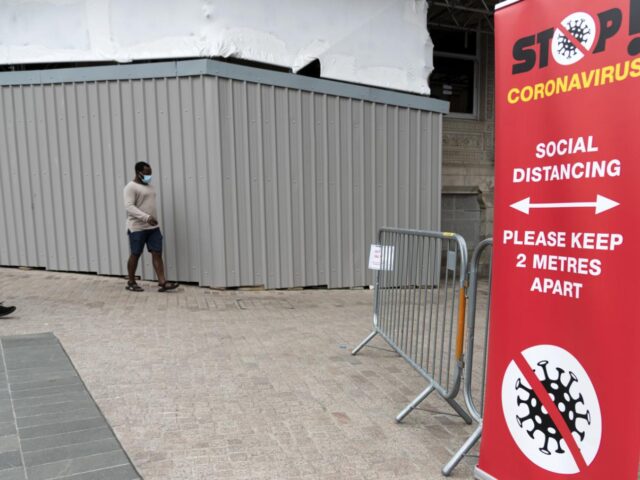Researchers have found that widening inequalities during the COVID-19 pandemic have seen foreign-born working men pay a heavier psychological price than those born in the UK.
Previous research has already shown that social inequalities growing during the pandemic. Immigrant workers are more likely than their UK-born counterparts to lose working hours without any financial compensation, and to find themselves with no work at all.
This study linked data from the Understanding Society COVID-19 survey with the main survey data, and found that the psychological costs of economic lockdowns are unevenly distributed, too.
It found:
- Native-born workers’ mental wellbeing does not necessarily fall when their employment is disrupted, as long as their income is protected (e.g. via the furlough scheme).
- For immigrants, however, reduced working hours are generally accompanied by psychological costs – and they experience greater mental suffering if their income is not protected.
The researchers, from the universities of Mannheim and Leicester, used information gathered from the general health questionnaire (GHQ-12) to assess people’s mental health. GHQ-12 asks 12 questions about factors such as general happiness, ability to concentrate, loss of sleep, and enjoyment of day-to-day activities. It generates a score out of 36, with higher scores indicating worse mental health.
- The increase in GHQ for ‘reduced hours without income protection’ among immigrant men is about three times as high as the corresponding increase among native-born men (1.55 vs. 0.50).
- The increase corresponding to ‘not working’ among immigrant men is more than twice the magnitude for native-born men (3.91 vs. 1.70).
Jing Shen, a Project Director at the University of Mannheim, says: “These findings strongly support the theory that immigrant men’s mental wellbeing suffers more than that of native-born men from economic lockdowns during the pandemic. Those who are the most disadvantaged – the ones who lose work hours without income protection or lose their work hours completely – bear the highest mental costs.”
David Bartram, Associate Professor of Sociology at the University of Leicester, adds: “Future research can clarify whether immigrants’ life satisfaction will decline further as the pandemic develops, or if they will get used to the ‘new normal’. But we know that a deep recession is expected in the UK after the pandemic, so these economic and psychological gaps could widen further, with consequences for disadvantaged groups who are already vulnerable.”
Covid 19EmploymentEthnicity and immigration



